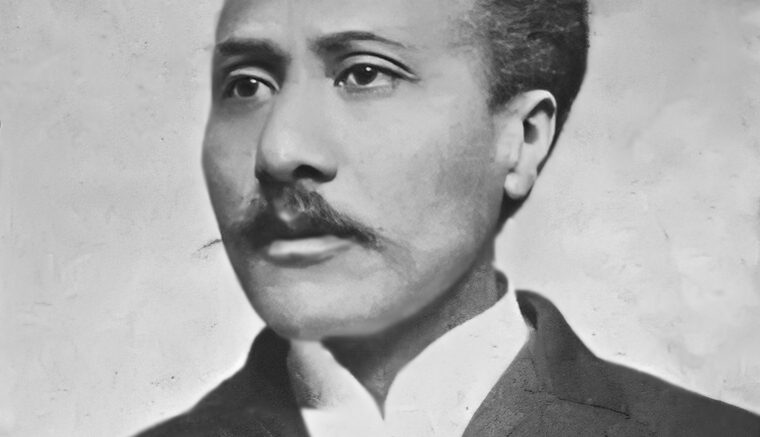Bishop Reverdy Cassius Ransom was a remarkable figure in American history. Born on January 4, 1861, in Flushing, Ohio, he played significant roles as an American Christian socialist, a civil rights activist, and a leader within the African Methodist Episcopal Church (A.M.E.). Ransom’s impact extended far beyond his time, and his legacy continues to inspire.
Here are some key points about Bishop Reverdy Ransom:
- Early Years and Education:
- Ransom’s mother, Harriet Johnson, an African American, made great sacrifices to ensure his education. She introduced him to the A.M.E. Church in 1865 in Washington, Ohio.
- Although initially reluctant, Ransom became intrigued by the church’s fight for civil rights and economic stability for the African-American community.
- His higher education journey began at Wilberforce University, where he studied and prepared for ordained ministry.
- Marriage and Family:
- Ransom married and had a child, but due to intellectual differences, he eventually divorced his first wife.
- His second wife, Emma S. Ransom, made significant contributions by helping young black women improve their education and lives.
- Ministry and Advocacy:
- As a minister in the late 1880s, Ransom witnessed the harsh living conditions faced by African Americans in industrial centers like Altoona and Alleghany, Pennsylvania.
- He believed that the church could address these challenges by promoting self-improvement programs.
- Ransom was a co-founder and featured speaker at the second meeting of the Niagara Movement, a forerunner of the NAACP, in 1906. His passionate speech focused on “The Spirit of John Brown.”
- Ideas and Legacy:
- Ransom recognized the inequality in American society, attributing it to capitalism and individualism.
- He saw socialism and Christian faith as means to tackle this evil and advocated for a more involved church that served people’s needs.
Bishop Reverdy C. Ransom recognized the inequality in American society, blaming it on capitalism and individualism and seeing socialism and Christian faith as means to tackle this evil. He believed that the world had enough resources to care for all humanity, but the distribution of them was wrongly handled. For him, socialism offered a means to help the downtrodden, which was in keeping with the teachings of Jesus Christ.
Ransom disagreed with the idea that the African race was inferior to the White, and explained the hardships suffered by his people in the United States as a burden, during which God strengthened them in order that they would be a better instrument afterward to help bring the African race to a rightful position in American society. This can be seen as his answer to the theological question of the problem of evil.
Bishop Reverdy C. Ransom’s commitment to justice, education, and community empowerment left an indelible mark on the struggle for civil rights and equality. His legacy continues to inspire generations to work toward a more just and compassionate world.

Be the first to comment on "Remembering the Legacy of A.M.E. Bishop Reverdy Cassius Ransom "